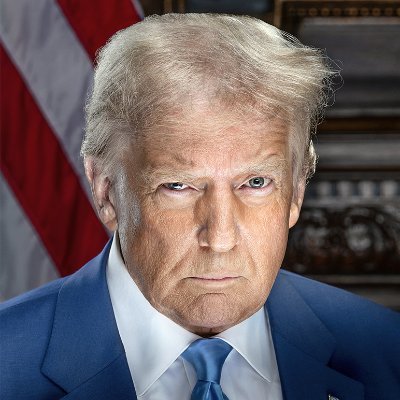All visa applicants linked to Harvard face enhanced scrutiny, says State Department cable
In a controversial move, the Trump administration has ordered heightened visa screening for all non-immigrant applicants associated with Harvard University, including students, faculty, visitors, and even tourists. An internal cable from the U.S. State Department, dated May 30 and signed by Secretary of State Marco Rubio, calls for “additional vetting” of individuals connected to Harvard, citing concerns about anti-Semitism and campus violence, reported timesofindia.indiatimes.com.
Applicants linked to Harvard will face new checks on social media, visa category, and background.
The directive instructs U.S. consular offices worldwide to intensify scrutiny of any applicant linked to Harvard in any capacity.
The cable singles out the university for allegedly failing to maintain “a campus environment free from violence and anti-Semitism,” and aims to help officers flag applicants with “histories of anti-Semitic harassment and violence.”
Marked by underlined and bolded emphasis on the word “any,” the instruction extends to students, staff, contractors, guest speakers, and even tourists planning to visit the campus.
A first-of-its-kind policy, part of a broader campaign against elite institutions.
While the U.S. has previously imposed strict vetting based on country of origin, this targeting of a specific university is considered unprecedented. The Trump administration has also suspended Harvard’s ability to enroll international students (a move later blocked by a federal court), frozen funding, and launched investigations into alleged discrimination against white, Asian, male, or straight individuals.
Trump has repeatedly criticized top universities for allegedly promoting anti-American ideologies. Harvard, in turn, has accused the administration of political retaliation against its academic independence.
Social media scrutiny and broader visa implications.
In a significant shift, the cable also instructs officers to evaluate applicants’ social media transparency. Private accounts may now be viewed as a red flag for “evasiveness.” Officers are empowered to request applicants make accounts public and warn them that concealing online activity could affect their visa outcome.
Additionally, officers must be “personally and completely satisfied” that applicants intend to comply with visa terms. If there is any doubt about an applicant’s intentions or consistency with their visa category, the application is to be denied.
This policy is also described as a “pilot for expanded screening and vetting,” raising the possibility that similar measures could soon be applied to other academic institutions.




